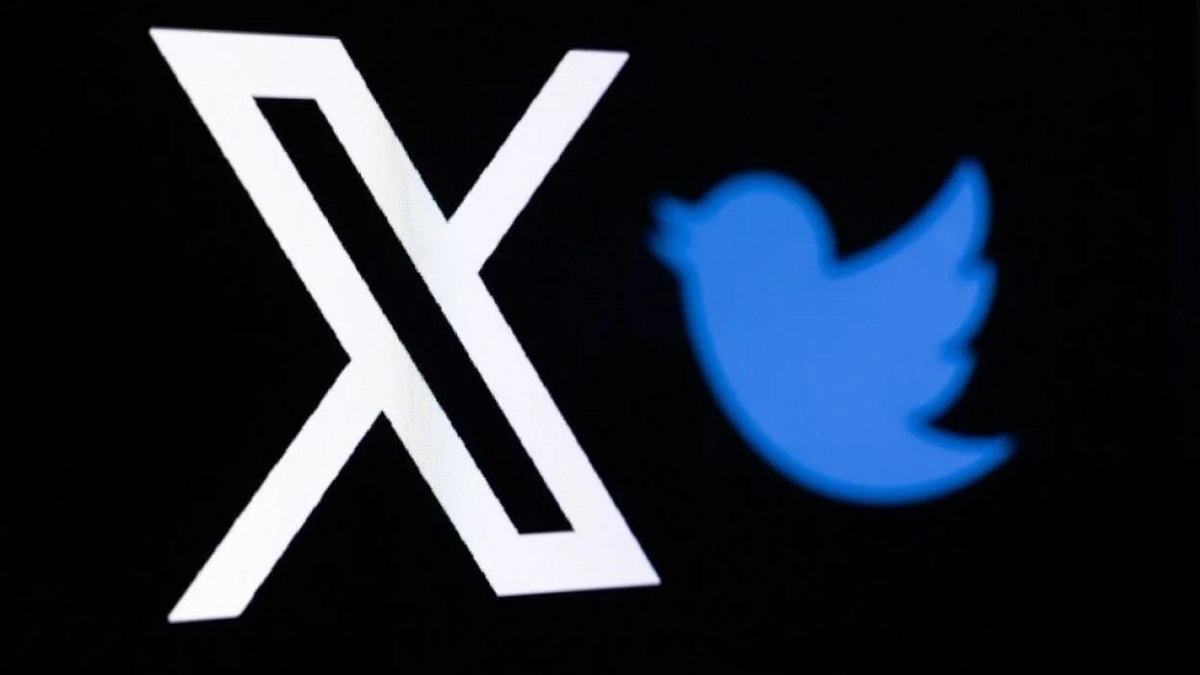Here is a big update for all the social media users, which is about X formerly Twitter. The users have seen innumerable changes in micro-blogging site X which was formerly known as Twitter, after Tesla and SpaceX owner Elon Musk acquired it. Earlier, the new owner of X introduced a Premium scheme for all the blue checkmark accounts of prominent celebrities. Now, it is being said that X won’t be free anymore. Yes, you heard it right, X aka Twitter will be the subscription-based micro-blogging platform. All users have to pay an annual fee to use X. Since this news broke out, netizens have been talking over the internet to learn more about it. However, we have poured in all the imperative details that you need to know about it. Stick with this page and go through it till the end. Scroll down.

Recently, Elon Musk’s company X said that users who want to use Twitter will have to charge an annual fee of $1 as part of the new subscription model. Kindly note that users who want to post content, reply, like, repost, bookmark the post, and quote other accounts’ posts, will have to pay an annual fee of $1. Do you know what is the title of the new subscription plan of X? According to the reports, this model is titled “Not A Bot” which has been brought to combat bots and spammers present on the platform.
As mentioned, currently X only charges its blue checkmark users who pay a specific monthly fee as part of X’s subscription-based model called “X Premium”. The premium subscription of X adds a blue checkmark to the user’s account and allows them early access to some facilities such as Edit Post. Indian users who use X on mobile both Android and iOS pay a monthly fee of Rs900 as part of the Twitter Blue subscription model while the users who use X on the Web pay Rs650 per month.
There is also an annual plan for the users. Users on the web can subscribe to X for one year at Rs6800 while the annual subscription fee for iOS and Android users is Rs9400. U.S. Senator Michael Bennet sought information on how tech giants including X, Meta, TikTok, and Google were trying to stop the spread of false and misleading content on their platforms about the Israel-Hamas conflict.
